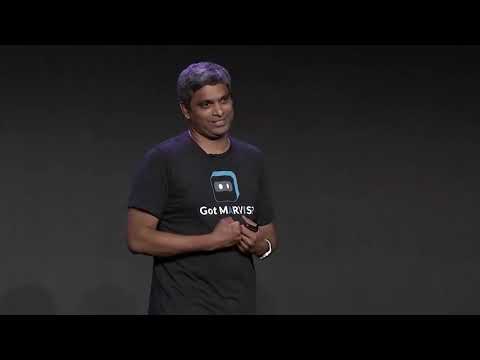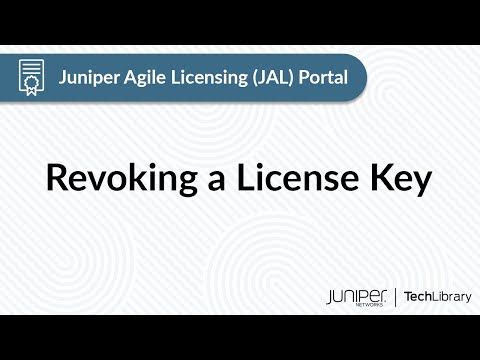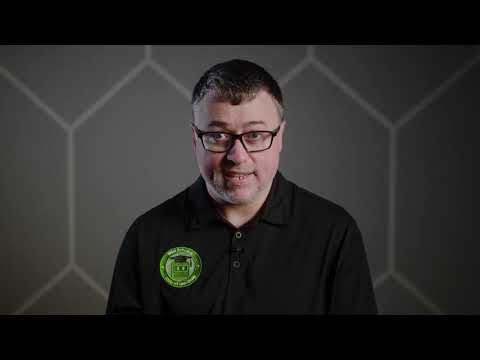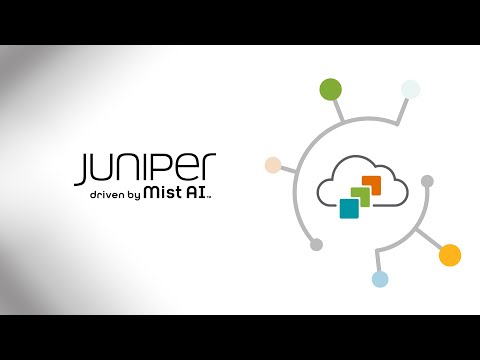
In this episode of The Q&AI Podcast, Bob Friday sits down with Professor Yongsheng Chen from Georgia Tech to explore the transformative role of AI in agriculture. From early neural networks to cutting-edge urban farming systems, Professor Chen shares his journey from environmental engineering to building AI-powered agricultural ecosystems. Tune in as they discuss precision farming, hyperspectral imaging, decentralized food systems, and the future of urban agriculture powered by reclaimed resources and autonomous technologies.
Key points covered:
AI’s evolution in agriculture: From early neural networks to modern machine learning applications in crop monitoring and yield prediction
Precision farming with imaging and sensors: Using satellite, drone, and robotics data to optimize fertilizer and pesticide use
Urban farming and decentralized agriculture: Repurposing urban spaces for sustainable food production using AI and reclaimed resources
Georgia Tech’s pilot systems: Real-world implementation of controlled environment agriculture using dorm wastewater and AI-driven monitoring
Networking’s role in smart agriculture: How connectivity and real-time data enable autonomous farming systems and decision-making
Where to find Prof. Yongsheng Chen
LinkedIn: – https://www.linkedin.com/in/yongsheng-chen-2823521b4/
Where to find Bob Friday
LinkedIn: – https://www.linkedin.com/in/bobfriday/
—-
To stay updated on the latest episodes of The Q&AI Podcast and other exciting content, subscribe to our podcast on the below channels: –
Apple Podcasts – https://podcasts.apple.com/us/podcast/the-q-ai-podcast/id1774055892
Spotify – https://open.spotify.com/show/0S1A318OkkstWZROYOn3dU?si=5d2347e0696640c2
—–
Chapters
Introduction and guest background
Opening of the episode, introduction of Professor Yongsheng Chen, and their background in civil and environmental engineering at Georgia Tech. 0:03
Early AI and neural networks
Discussion about the history of neural networks, computational limitations in the 80s and 90s, and evolution to modern AI. 0:45
Transition to AI in agriculture
Yongsheng explains the shift from environmental engineering to AI-driven agriculture, emphasizing systems thinking and the environmental impact of agriculture. 3:14
AI tools and agricultural applications
Use of hyperspectral imaging, IoT sensors, and machine learning for crop monitoring and productivity prediction, including a USDA-funded project on sugar beets. 3:54
Precision agriculture and resource optimization
Focus on minimizing fertilizer and pesticide use, leveraging AI for high-resolution monitoring and timely interventions. 5:11
Urban and decentralized farming vision
Introduction to urban farming, use of municipal wastewater, and the vision for decentralized, AI-powered urban agriculture. 5:58
Repurposing urban spaces
Discussion on autonomous vehicles freeing up urban land for vertical farming and resource recovery, integrating reclaimed water and compost. 7:11
Georgia tech pilot projects
Details on campus pilot systems using dorm wastewater for vertical farming, AI for yield and nutrition prediction, and USDA funding for controlled environment agriculture chambers. 9:32
Role of networking and robotics
Importance of networking for real-time decisions in urban agriculture and advancements in robotics for precision tasks. 10:46
Future outlook and timeline
Predictions on when urban farm produce will be available in grocery stores, with a target around 2040, and closing remarks. 11:57
—–











